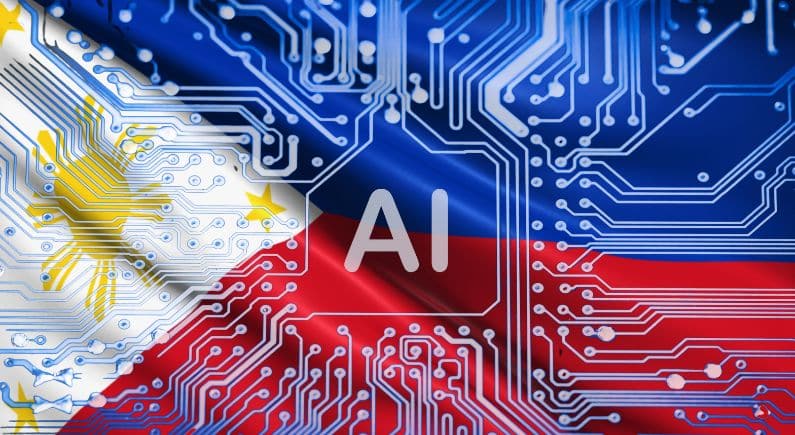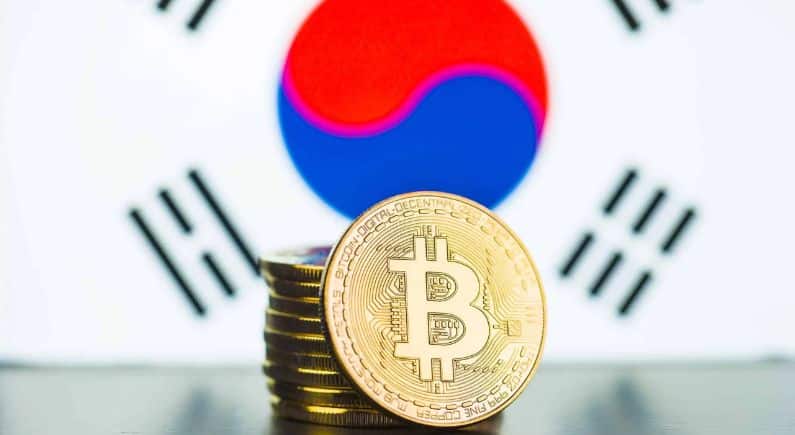Philippines launches National AI Strategy Roadmap, Center for AI Research

The Philippines’ Department of Trade and Industry (DTI) launched the National AI Strategy Roadmap 2.0 (NAISR 2.0) and the Center for AI Research (CAIR) on July 3rd, marking a step towards an AI-powered future for the country.
In its press release, DTI said these initiatives are supported by the Asian Development Bank and mandated by the Tatak Pinoy Act (Republic Act No. 11981). The strategy roadmap and center aim to drive innovation, bolster the economy, and enhance the lives of Filipinos through strategic AI adoption.
“The success of NAISR 2.0 is anchored on the implementation of a whole-of-nation approach. This necessitates breaking down silos that hinder collaboration across various sectors and stakeholders, including government, industry, academia, and civil society,” Fred Pascual, DTI Secretary said during the launch.
Roadmap and research center
The agency said NAISR 2.0 builds on the 2021 AI roadmap, incorporating advanced technologies like generative AI and addressing challenges such as limited AI use cases, resource constraints, and regulatory uncertainties. The strategy emphasizes creating a robust, connected environment, improving data access, transforming education, and upskilling the workforce.
The establishment of CAIR represents a milestone in positioning the Philippines as a global leader in AI-driven innovation. Led by Chief AI and Data Officer Dr. Erika Fille Legara and Deputy Chief AI and Data Officer Dr. Sebastian Ibañez, CAIR aims to harness AI’s transformative power to address societal and industrial challenges, fuel economic growth, and promote inclusive development. CAIR focuses on exploring AI solutions from Amazon Web Services and collaborating with AI Singapore to tackle Southeast Asian industry challenges.
Collaborative efforts and economic benefits
Moreover, the National Economic and Development Authority (NEDA) committed to working with DTI to implement NAISR 2.0. NEDA Secretary Arsenio Balisacan highlighted AI’s potential economic benefits and called for investments in education and digital infrastructure.
“The technology is estimated to contribute $15.7 trillion (€14.36 trillion) to the global economy by 2030 according to one estimate, with the Philippines potentially gaining PHP2.6 trillion (€40.8 billion) annually if businesses adopt AI-powered solutions. Sectors such as retail, logistics, manufacturing, and financial services can revolutionize operations and enhance performance through AI, again and articulated earlier,” Balisacan said in his speech.






